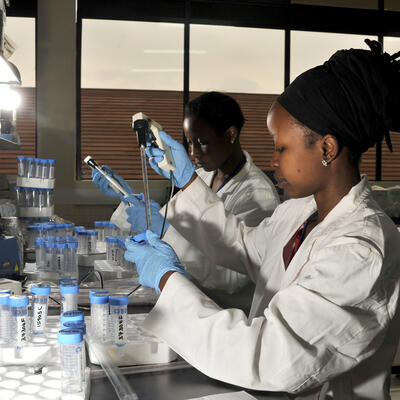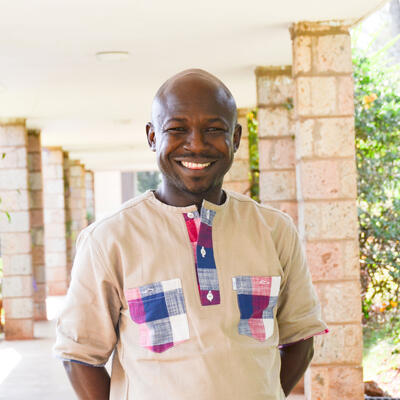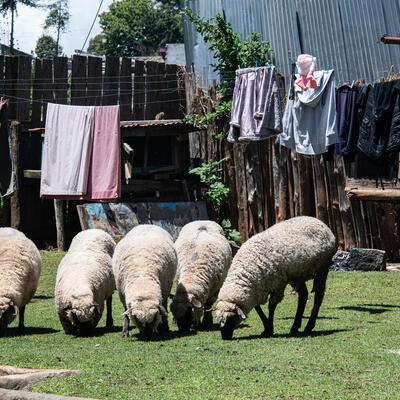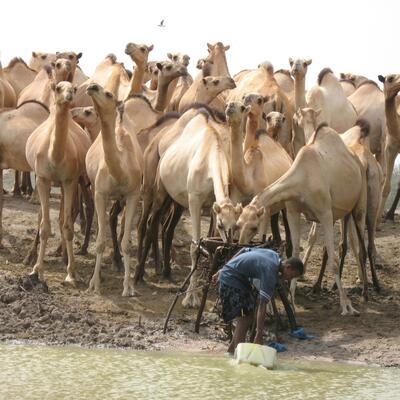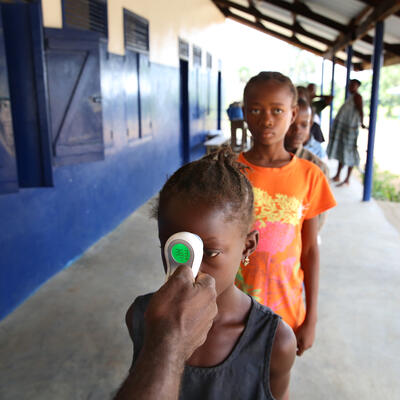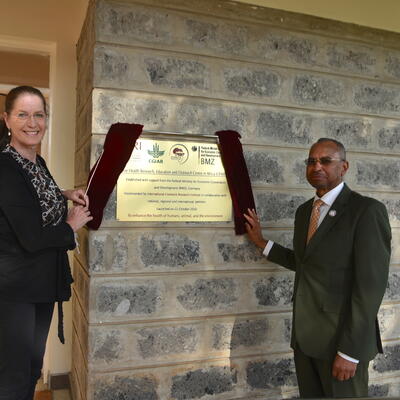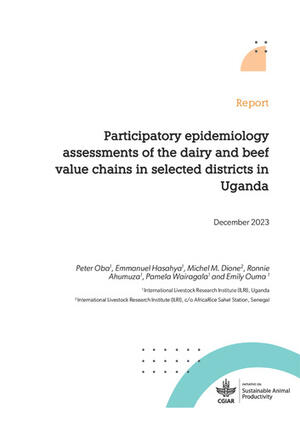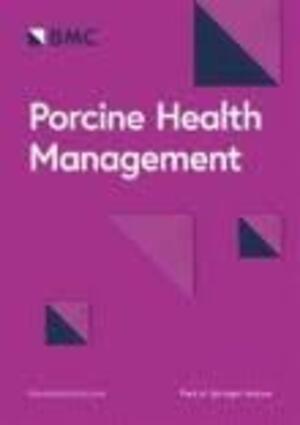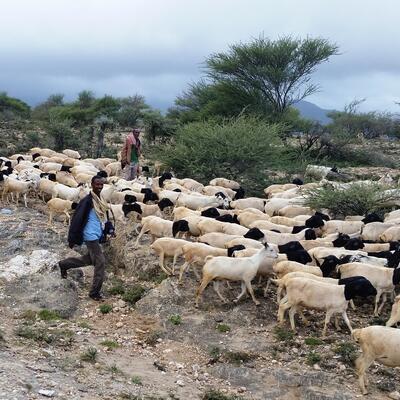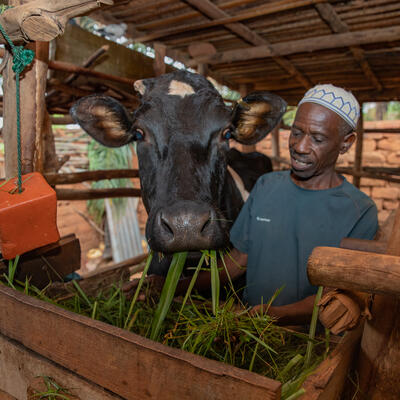
Global differences in wastewater monitoring assessed in new analysis
A new publication, funded by the Rockefeller Foundation and in partnership with Mathematica, the United Kingdom Health Security Agency and the Global Wastewater Action Group, reviews the current global state of wastewater monitoring for infectious diseases, offering recommendations to propel the field forward.
The results of the first large multi-country survey of wastewater monitoring programs shed new light on how countries have used them to respond to the spread of infectious diseases, including COVID-19. The peer-reviewed findings were released in Lancet Global Health and are based on a survey of wastewater monitoring programs in 43 countries. The survey was conducted as part of an ongoing partnership between the Rockefeller Foundation, Mathematica and the United Kingdom Health Security Agency.
The COVID-19 pandemic has highlighted the global need for robust and resilient disease surveillance systems. With climate change intensifying, disease dynamics are changing in unprecedented and unpredictable ways, making countries more vulnerable to future health threats. This new paper, Wastewater monitoring can anchor global disease surveillance, characterizes the current global state of the field, summarizing approaches for implementation and insights on how to adapt and expand wastewater monitoring to local needs.
Ekta Patel, scientist at the International Livestock Research Institute (ILRI) and member of the Global Wastewater Action Group on the study, says, ‘Surveillance of wastewater can help countries build biosecurity strategies to detect, intercept and respond to potential microbial threats.’
‘This surveillance tool can also be used to monitor the abundance of antimicrobial-resistant genes. Here in Kenya, several organizations are using wastewater surveillance as an epidemiological tool, but we need a more coordinated approach, synergies on sampling methods and sustainable funding to ensure successful real time monitoring’, she adds.
Based on their analysis, key findings emerged:
- In high-income countries (HICs), composite sampling at centralized treatment plants was most common. However, in low- and middle-income countries (LMICs), grab sampling from surface waters, open drains and pit latrines was more typical.
- Almost all programs analysed wastewater samples in-country, with an average processing time of 2–3 days in HICs and 4–5 days in LMICs.
- Monitoring for SARS-CoV-2 variants was more common in HICs than in LMICs.
- Most programs shared their wastewater data internally and with partner organizations, but not publicly. However, almost all countries surveyed were open to sharing aggregated data.
- There are currently no comprehensive guidelines to promote ethical wastewater monitoring practices.
The results highlight different approaches within the wastewater monitoring community and the immense potential for cross-program learning. For wastewater monitoring to continue advancing, it will be essential to create governance structures that include advocates from the highest levels, as well as regional and local entities to promote community-specific adaptation and monitoring. Because many wastewater programs currently rely on donor funding or short-term government aid, there is a critical need for substantial financial investments to sustain wastewater monitoring as global COVID-19 funding declines.
‘The COVID-19 pandemic provided an opportunity for real-time surveillance of pathogens through wastewater-based epidemiology. However, the benefits of wastewater surveillance, if carried out in a collaborative and multidisciplinary manner, are far greater than looking for specific viruses. It provides an opportunity to capture real-time changes in the environment through microbial monitoring,’ says Hung Nguyen, co-leader of the Animal Human Health program at ILRI and lead of the CGIAR Initiative on One Health.
A wastewater holding tank at the city abattoir in Kampala, Uganda (photo credit: ILRI/Albert Mwangi).






